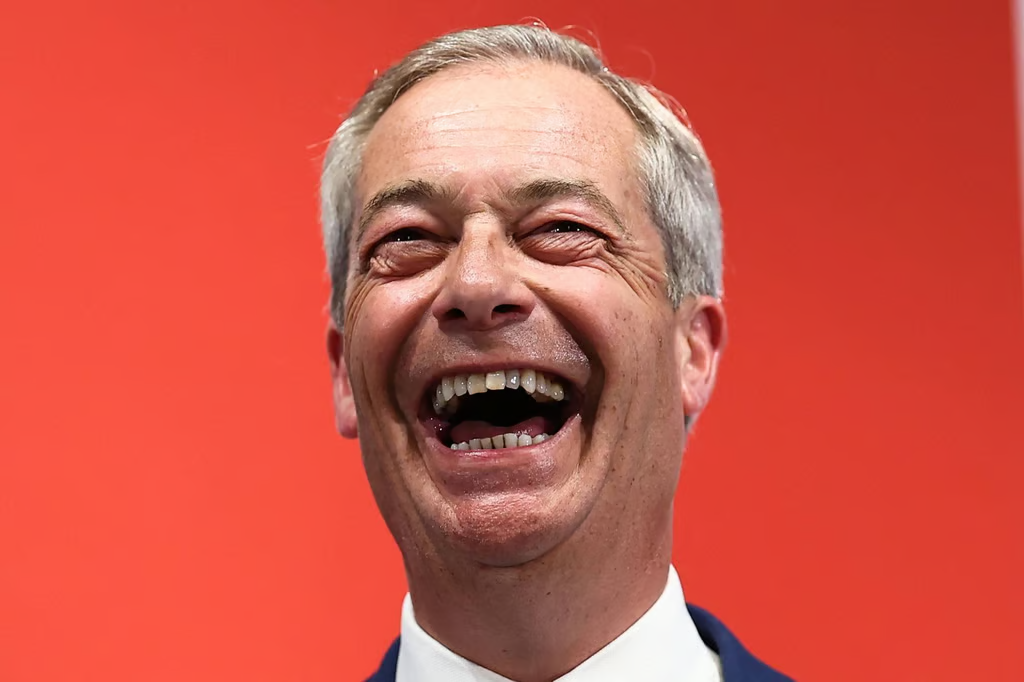A Political Earthquake in the Making
A seismic shift is rumbling through British politics. According to a striking new poll released by More in Common, Nigel Farage, the face of Reform UK and a longtime political outsider, is now statistically tied with Labour’s Keir Starmer in public expectations about who could be the next prime minister. Both are polling at 13% when voters are asked who they believe will hold the keys to Downing Street in four years.
This shocking development places Farage, a former Brexit Party leader and architect of the UK’s EU departure, in an unprecedented position of national relevance once again—despite not currently holding a seat in Parliament.
Reform UK Edging Ahead of Conservatives
The Conservative Party, long considered one of the two pillars of British politics, has now been pushed to a humiliating third place in several recent polls. Reform UK is increasingly seen as a vessel for disenchanted Tory voters, particularly in regions once considered strongholds of the so-called “Red Wall.”
Only 13% of those polled believe Starmer will remain prime minister beyond the next election. An even more damning 41% of respondents admitted they have no idea who will take over the government—a clear sign of political fragmentation and deep disillusionment across the electorate.
A New Reform Era?
Farage’s vision is gaining traction ahead of the pivotal May 1 local elections, where Reform UK is fielding candidates across 1,641 council seats. This marks the party’s first major local test after securing five seats in the 2024 general election.
Speaking on the campaign trail, Farage projected confidence about turning Labour’s former bastions into a “Reform Wall.” He underscored his belief that voting habits have become more fluid, stating:
“Voting has become much more transitory than it’s ever been before.”
Cutting Through Bureaucracy and Ideology
Farage has made no secret of what a Reform-led local government would look like. His platform includes slashing funding for Diversity, Equity, and Inclusion (DEI) initiatives and replacing them with “a British equivalent of DOGE”—a nod to digital accountability and fiscal scrutiny.
“A massive change of culture, that’s what we’re going to bring to these county councils,” Farage declared.
Conclusion: A Nation in Flux
As the UK prepares for the local elections on May 1, a broader reckoning looms on the horizon. With trust in the political establishment in steep decline and the electorate increasingly unanchored from traditional party loyalties, Farage’s ascendancy signals that the appetite for political reform is not just rhetoric—it’s rapidly becoming reality. Whether or not he walks into Downing Street, Nigel Farage is once again shaping the national conversation—and reshaping the landscape of British politics.

